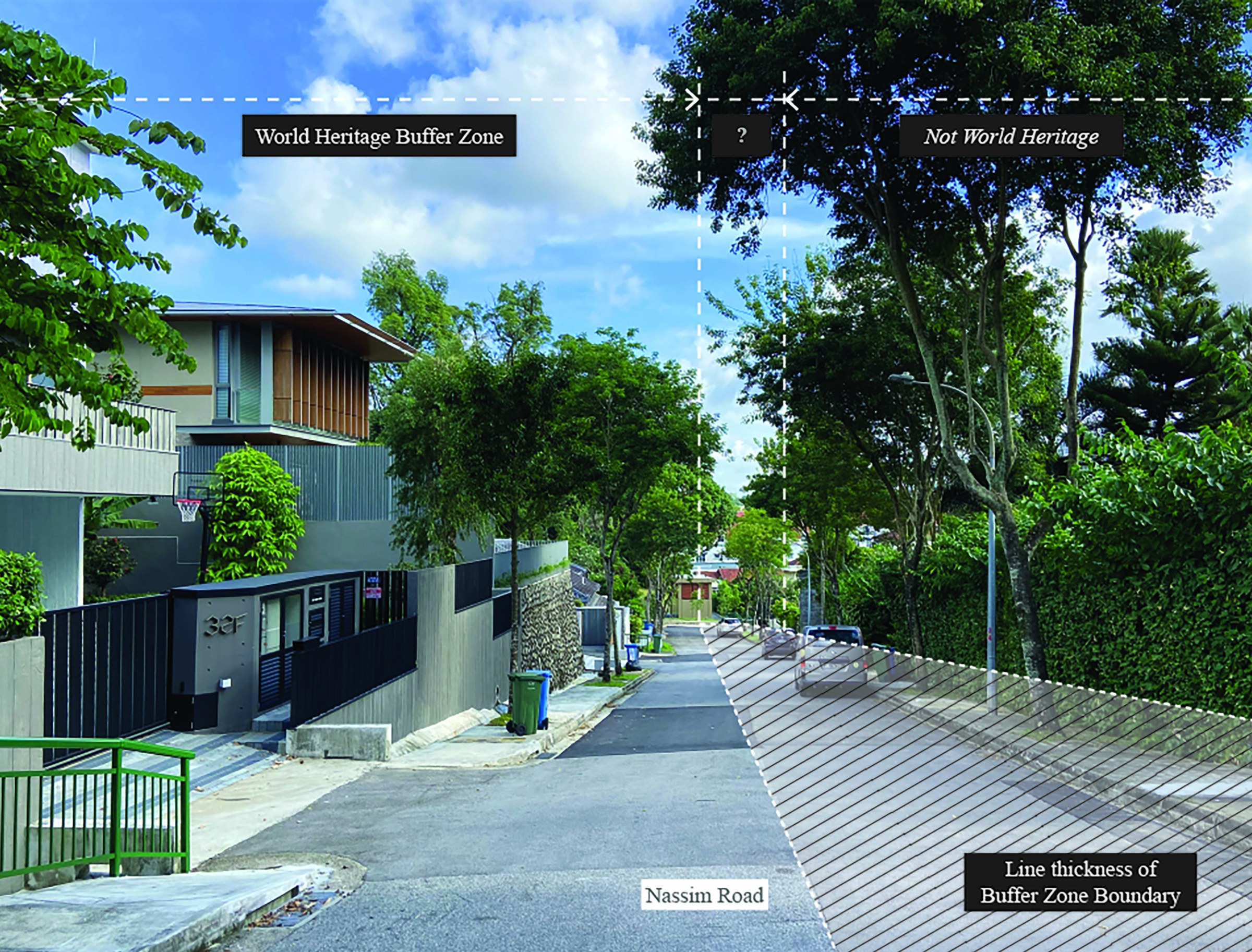Gill-Chin Lim Award

October 7, 2024
BY ISABEL BERMAN
Aarthi Janakiraman, PhD, Assistant Professor of Preservation and Urbanism at Tulane School of Architecture (TuSA), received the 2024 Gill-Chin Lim Award for the Best Dissertation on International Planning. The award was established by the Global Planning Educators Interest Group (GPEIG) in 2004 to honor the legacy of Dr. Gill-Chin Lim, a scholar known for his dedication to the humanistic aspects of globalization and urban planning. The award recognizes exceptional doctoral research that contributes to the field of international planning, and it is presented annually at the Association of Collegiate Schools of Planning (ACSP) conference.
With a rich background in planning, urban design, and architecture, Janakiraman earned her PhD in Urban Planning from MIT in 2024. Her research delves into the spatial politics of heritage conservation, particularly focusing on World Heritage cities in the Global South. Her dissertation explored how colonial-era World Heritage impacts postcolonial societies, especially in the Indian Ocean Region, using a critical lens to assess the intersections of urban heritage, equity, and social justice in the built environment.
In an interview with ACSP, Dr. Janakiraman notes that she was inspired to explore the politics of urban World Heritage sites during her master’s thesis, but it was the events of 2020 that truly deepened her curiosity. She explains, “I observed that many postcolonial nation states continue to seek World Heritage status for their colonial heritage,” despite the painful history of decolonization. This paradox sparked her need to ask, "Why?" and became the foundation for her dissertation, which critically investigates the complex dynamics between heritage, identity, and social justice in postcolonial cities.
Dr. Janakiraman’s dissertation explores the intricate relationships between World Heritage site designation, colonial-era heritage practices, and the construction of postcolonial national identities. Through a transnational comparative study of colonial-era World Heritage sites in South and Southeast Asia, the dissertation examines how urban conservation practices perpetuate inequities and power structures in postcolonial societies. Utilizing a range of methods—including semi-structured interviews, field observations, and media analysis—the research delves into the consequences of heritage preservation, offering critical insights into the role of heritage experts in shaping conservation planning and urban design. This work bridges the fields of critical heritage studies, urban design, and international development, providing a comprehensive understanding of the dynamics that influence postcolonial urban landscapes.
For more information on this award, visit the Association of Collegiate Schools of Planning.